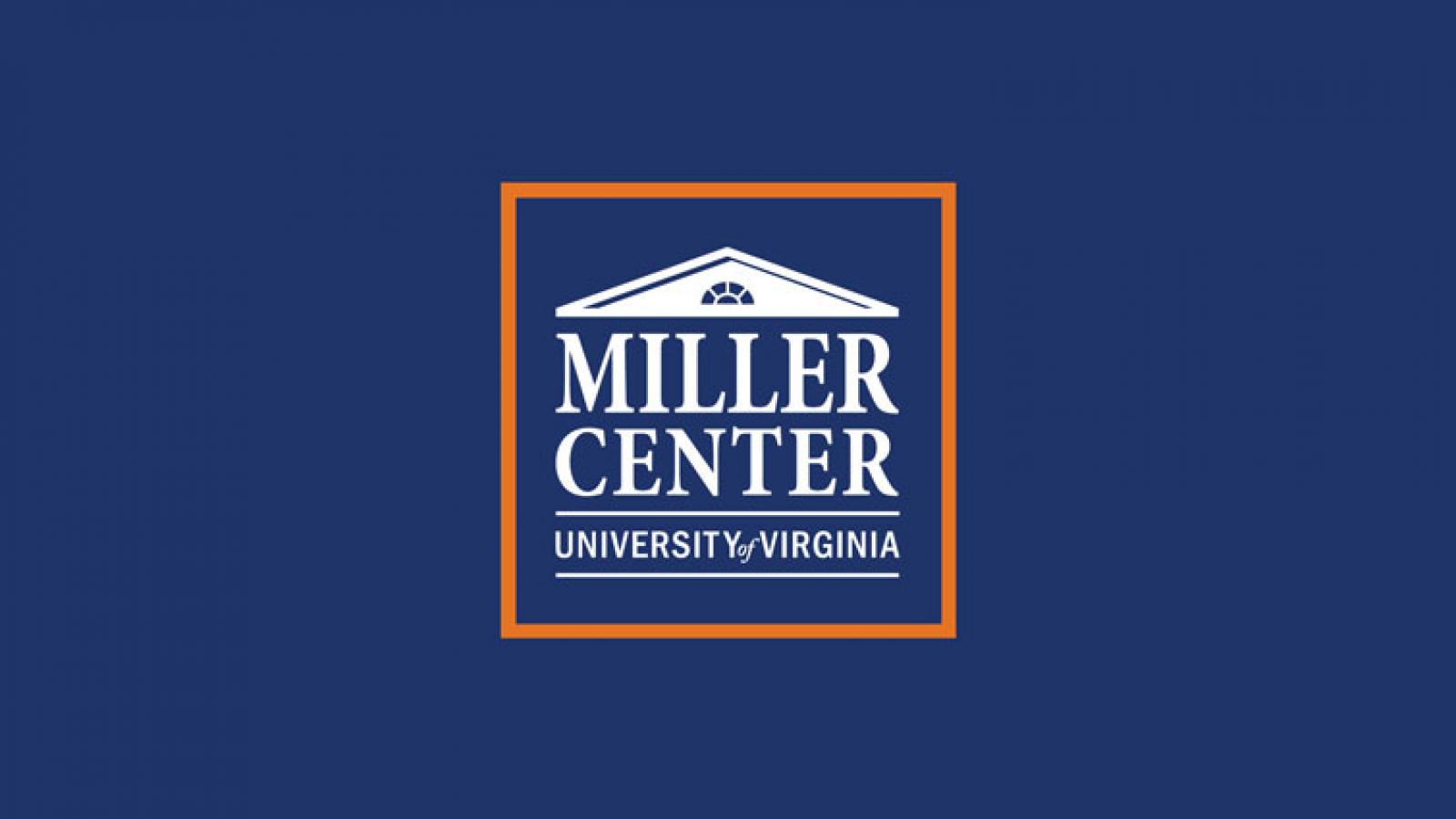Transcript
To all of our distinguished guests from all the services, to General Powell and the Joint Chiefs, Secretary Aspin, Mr. Vice President, ladies and gentlemen, and especially to General Johnston and the men and women of the Unified Task Force in Somalia.
General Johnston has just reported to me: Mission accomplished. And so, on behalf of all the American people, I say to you, General, and to all whom you brought with you: Welcome home, and thank you for a job very, very well done.
You represent the thousands who served in this crucial operation, in the First Marine Expeditionary Force, in the Army 10th Mountain Division, aboard the Navy's Tripoli Amphibious Ready Group, in the Air Force and Air National Guard airlift squadrons, and in other units in each of our services. Over 30,000 American military personnel served at sometime in these last 5 months in Somalia. And serving alongside you were thousands of others from 20 nations.
Although your mission was humanitarian and not combat, you nonetheless faced difficult and dangerous conditions. You sometimes were subjected to abuse and forced to dodge rocks and even bullets. You saw firsthand the horror of hunger, disease, and death. But you pressed on with what you set out to do, and you were successful. You have served in the best tradition of the Armed Forces of the United States, and you have made the American people very, very proud.
In the weeks to come, we will formally recognize the contributions of those who participated in Operation Restore Hope. But earlier today, to honor their accomplishments and that of all who supported that effort, I awarded to General Johnston the Defense Distinguished Service Medal in recognition not only of his extraordinary service but also of all those who served with him so well. Thank you all for your dedicated work.
To understand the magnitude of what our forces in Somalia accomplished, the world need only look back at Somalia's condition just 6 months ago. Hundreds of thousands of people were starving; armed anarchy ruled the land and the streets of every city and town. Today, food is flowing; crops are growing; schools and hospitals are reopening. Although there is still much to be done if enduring peace is to prevail, one can now envision a day when Somalia will be reconstructed as a functioning civil society.
If all of you who served had not gone, it is absolutely certain that tens of thousands would have died by now. You saved their lives. You gave the people of Somalia the opportunity to look beyond starvation and focus on their future and the future of their children. Although you went on a mission of peace, eight Americans did not return. We salute each of them. We thank them and their families. America will never forget what they did or what they gave. To their loved ones we extend our hearts and our prayers.
As we honor the service of those who have returned and those who did not, it is fitting that we reflect on what the successful mission signifies for the future. This, the largest humanitarian relief operation in history, has written an important new chapter in the international annals of peacekeeping and humanitarian assistance.
You have shown that the work of the just can prevail over the arms of the warlords. You have demonstrated that the world is ready to mobilize its resources in new ways to face the challenges of a new age. And you have proved yet again that American leadership can help to mobilize international action to create a better world.
You also leave behind a U.N. peacekeeping force with a significant American component. This force is a reflection of the new era we have entered, for it has Americans participating in new ways. Just hours ago, General Johnston turned over command to General Bir of Turkey as UNTAF became UNOSOM II. You set the stage and made it possible for that force to do its mission and for the Somalis to complete the work of rebuilding and creating a peaceful, self-sustaining, and democratic civil society.
Your successful return reminds us that other missions lie ahead for our Nation. Some we can foresee, and others we cannot. As always we stand ready to defend our interests, working with others where possible and by ourselves where necessary. But increasingly in this new era, we will need to work with an array of multinational partners, often in new arrangements. You have proved again that that is possible. You have proved again that our involvement in multilateral efforts need not be open-ended or illdefined, that we can go abroad and accomplish some distinct objectives, and then come home again when the mission is accomplished.
Some will ask why, if the cold war ended, we must still support the world's greatest military forces, the kind that General Johnston and his comrades represent. I say it is because we still have interests; we still face threats; we still have responsibilities. The word has not seen the end of evil, and America can lead other countries to share more of the responsibilities that they ought to be shouldering.
Some will ask why we must so often be the one to lead. Well, of course we cannot be the world's policeman, but we are, and we must continue to be, the world's leader. That is the job of the United States of America. And so today, America opens its arms in a hearty welcome home.
General, to you and all the men and women who served with you, you have the admiration of the world and the thanks of your country for continuing the tradition of our Armed Forces and the values that make us proud to be Americans and for proving that we can lead and serve in new ways in a new world.
In the words of the Scriptures: Blessed are the peacemakers. Thank you very much.
